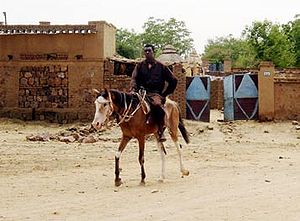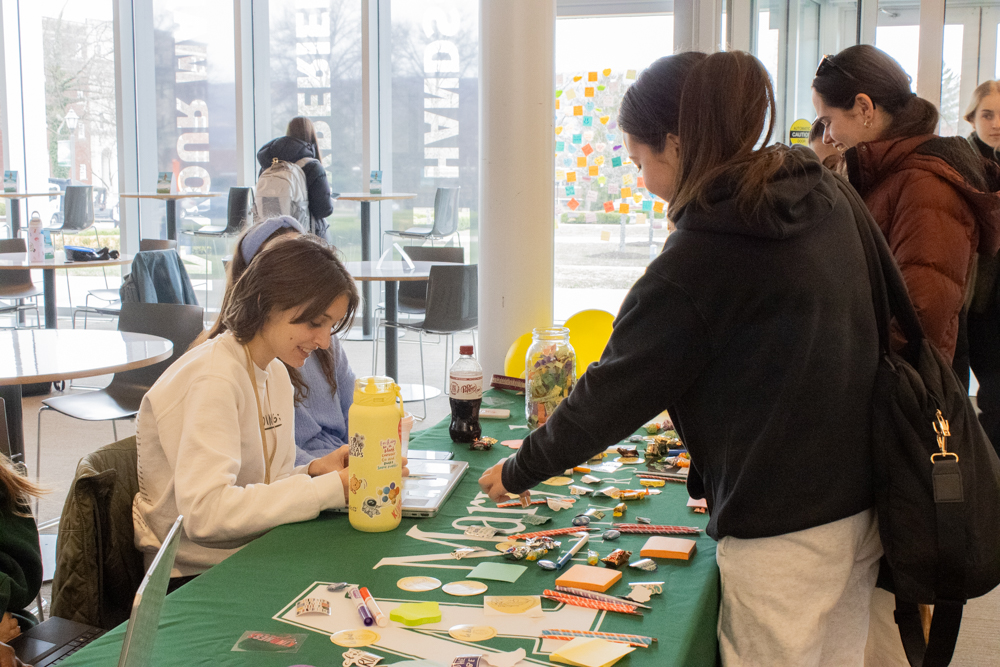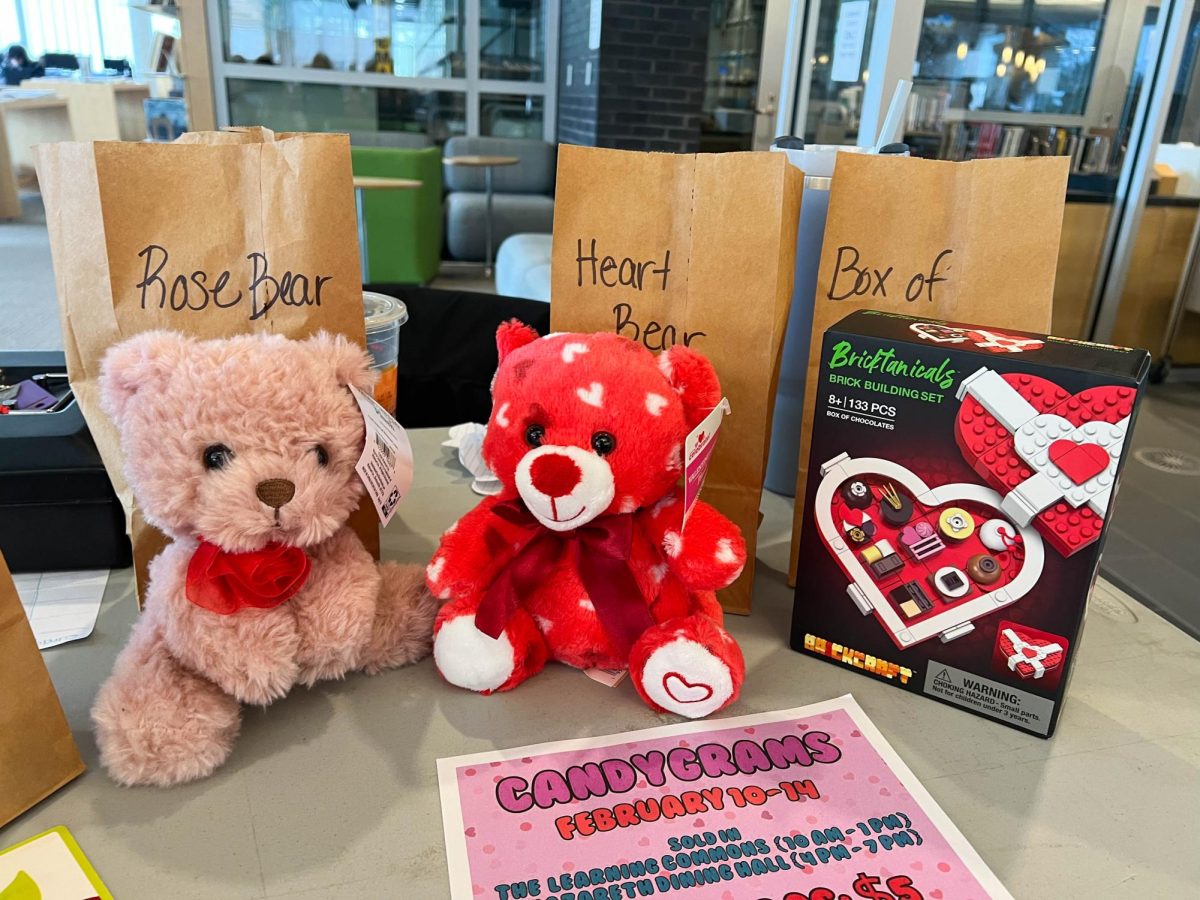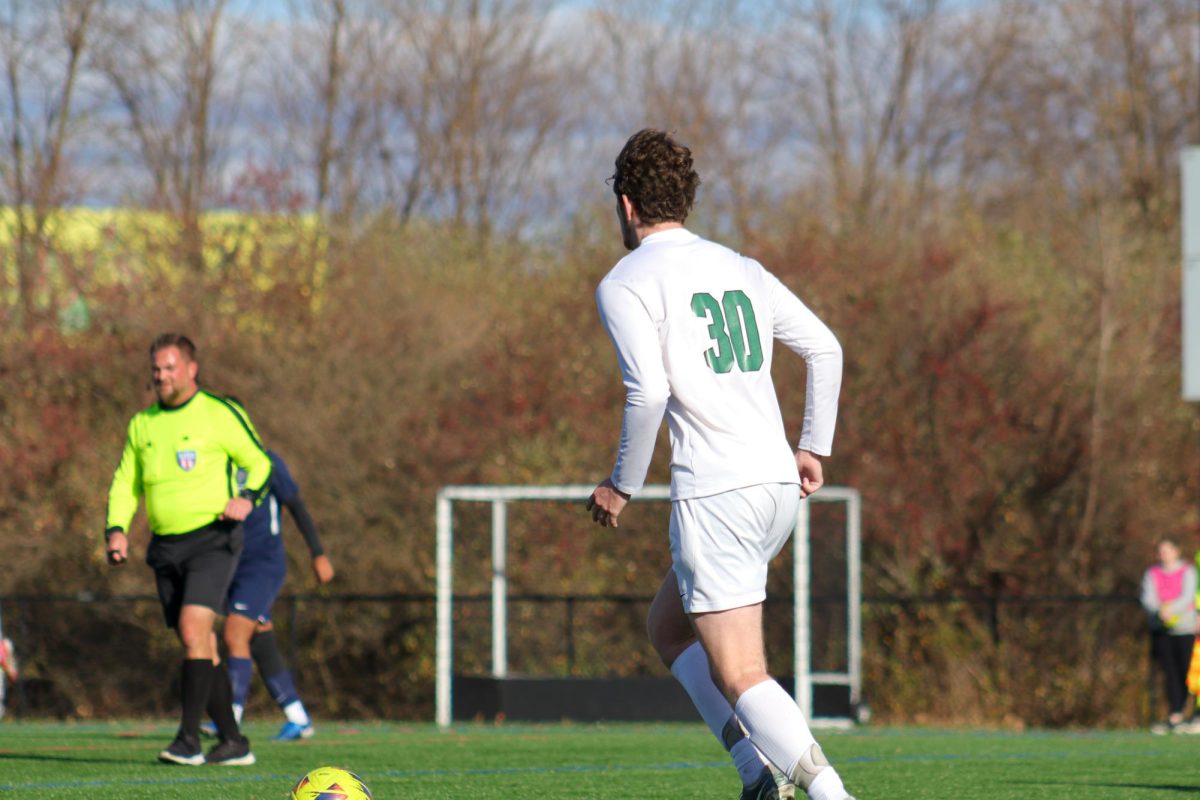
- Image via Wikipedia
By Victoria Garafola
Staff Writer
Quick, think of the first international news story that comes to mind. Chances are that you think of a well-known story, not the easy to miss conflicts so many people never hear about. In much of American media, there is a noticeable focus on frivolous stories, such as celebrities, sports, and music. Sadly, many of the globe’s most pressing issues receive little to no public attention. These “forgotten conflicts” include the genocide in Darfur, the Columbian crisis, and the Tibetan independence movement.
One of the best known forgotten conflicts is the genocide in Darfur. The Sudanese government, along with the “Janjaweed”, or Arabic speaking nomadic militia, is systematically killing the black farmers of Darfur. Atrocities committed against the people of Darfur include the displacement, plunder, rape, and genocide of its citizens. The conflict stems back to 2003 when Darfurian resistance movements struck out against Sudan military installations in a quest for basic human rights and necessities. The Sudanese government struck back against the Darfurians with force. Using weapons and supplies bought from the Chinese in exchange for secure oil connections, the Sudanese government, along with the Janjaweed, have violently suppressed the Darfurian resistance. Instead of only combating resistance groups, the Sudanese government has also decided to ravage average Darfurian citizens in an attempt to hurt the rebels. The Sudanese and Janjaweed military work together to destroy Darfurian food supplies and villages, leaving behind bodies in the wells so the villages will remain uninhabitable.
Another under acknowledged issue is the Tibetan independence movement. In 1951, Tibet surrendered its independence to China. However, it wasn’t until 1959, when social reform began to take place, that the Tibetan lifestyle was threatened. This issue finally received world-wide attention during the 2008 Chinese Olympics. With Chinese integration in Tibet came modernization, which many Tibetan Buddhists avidly resisted, considering the environmental consequences of such a lifestyle. In the 70’s, the Tibetan Youth Congress and the Tibetan People’s Freedom Movement helped to express the militancy of these exiles. In 1987, violent protests began in retaliation to the Chinese invalidation of Tibetan life, though historically Tibetans have defended themselves without violence. In a recent interview with Larry King, the Dalai Lama stated that Tibetans are not looking for complete independence, but rather religious freedom, “unity and stability.” His main concerns focus on Tibetan culture, environment, and human rights.
The last little known situation is the political tension in Columbia. The Revolutionary Armed Forces of Columbia (FARC) is a Communist group that has been striking out against the Columbian government since its foundation in the 1960’s. The aim of the group is to improve the lives of rural farmers while undermining the power of the wealthy, as well as monopolization by corporations. The FARC leads raids against political, military, and economic targets, as well as anyone else they see as a threat to the movement. The FARC is funded through cocaine trafficking and the kidnapping of wealthy South Americans and tourists. They have been condemned for their tactics against the government as well as their use of children. Children comprise as much as thirty percent of the guerilla forces, as well as being recruited as mine sweepers. Children who try to escape are tortured and often executed. The Human Rights Watch, as well as many developed countries, denounces the FARC for their lack of discretion during attacks on targets. Their gas cylinder bombs cause much damage to innocent civilians, as well as damaging personal and public property.
Unfortunately, these are only the most well know of the “forgotten conflicts”. There are still countless others that people may never have insight on. Globally there are many other pressing issues that require public support and attention. Action can alleviate some of the pain felt by these people in turmoil but, ultimately, the strongest weapon against such disparities is education. For more information on how you can individually impact such problems please visit: Savedarfur.org , Tibet.org and columbiasupport.net.
Additionally, as voters we can alter governmental influence and represent the voices of millions of victims.



![Reblog this post [with Zemanta]](https://img.zemanta.com/reblog_e.png?x-id=8f46dd8c-afbd-48a9-9434-82d4ef1400b8)






